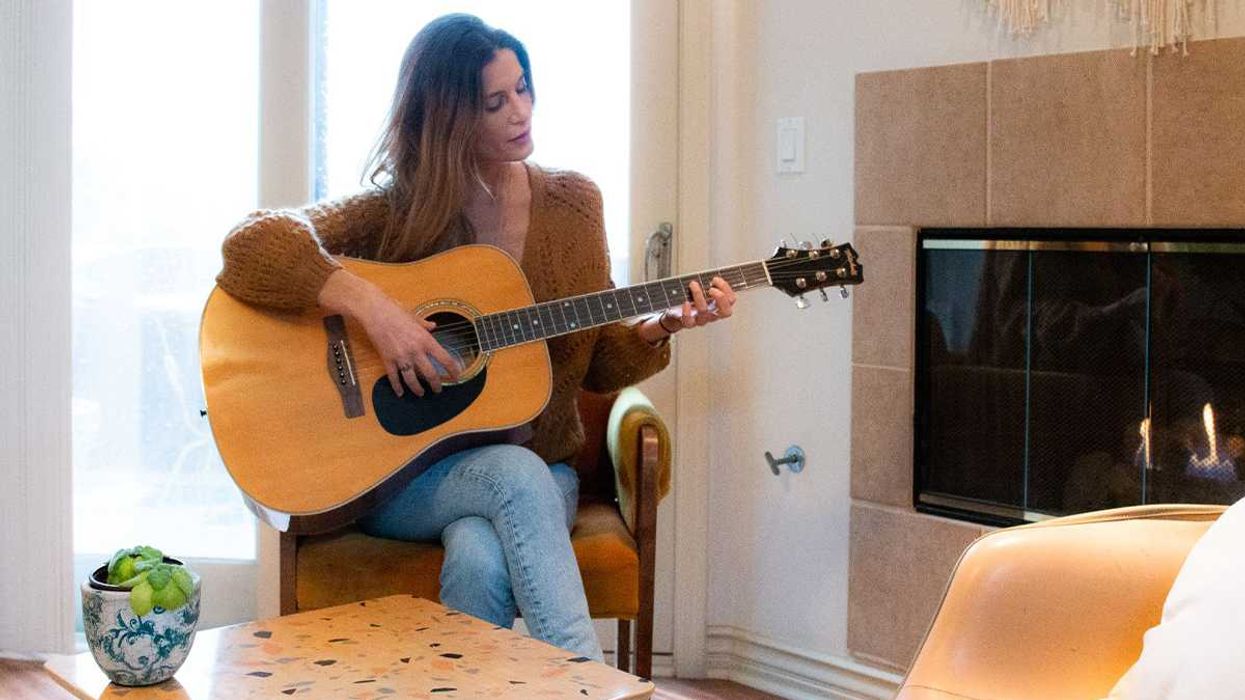Your Body Without Sleep
Posted by BuzzFeed Video on Monday, February 15, 2016
Ever pull an all-nighter to cram for a test or finish an important work project? Sleep deprivation will leave you feeling wrecked the next day and has a major impact on cognitive function as well. According to the video above, courtesy of BuzzFeed, missing one night of sleep leaves you as impaired as having a blood-alcohol concentration of .10. Miss four nights? You’ll start hallucinating, and after six, you’ll fall into a state of psychosis.
Although this video is about extreme sleep deprivation, a large percentage of Americans are losing sleep every night, and it’s affecting their health. In fact, according to the U.S. Centers for Disease Control and Prevention, 30 percent of American adults, or 40.6 million people, are sleeping six or fewer hours a day. Minor sleep loss leads to cognitive problems, weight gain, and mood disorders. Although some see sleep deprivation as the of byproduct great work ethic, it actually lowers job productivity.
Quick tips for improving your sleep from the National Sleep Foundation:
Keep a strict sleep schedule: By keeping the same sleep and wake times—even on the weekends—your body’s biological clock will help you sleep more soundly at night.
Get regular exercise: Research shows that moderate aerobic exercise decreases sleep onset time.
Alcohol is bad for your sleep: Although it may help you pass out at night, consuming alcohol drastically reduces sleep quality.
Turn off your tablet: According to TreeHugger, LED screens “emit a blue wavelength of light that suppresses the body’s melatonin level.”
Get rhythm: By avoiding bright lights in the evening and exposing yourself to sunlight in the a.m., you’ll get your circadian rhythms in order, improving your sleep.

















 Otis knew before they did.
Otis knew before they did.